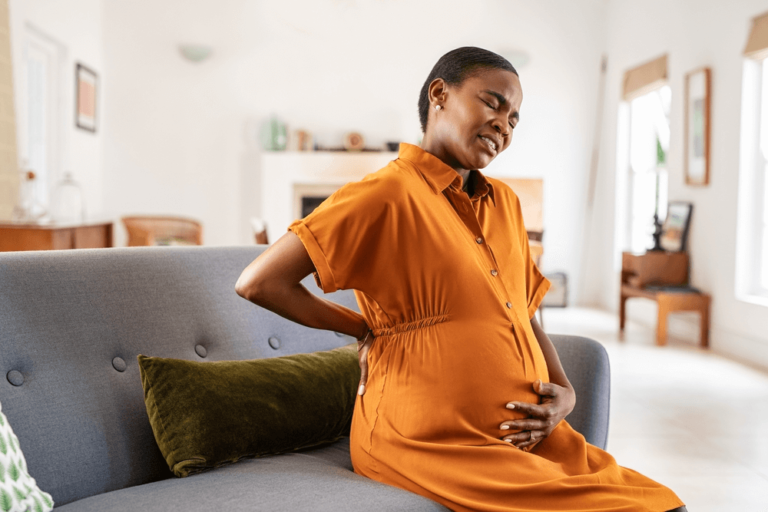How Often Should You Have Sex When Trying to Get Pregnant?

When trying to conceive, there’s no one-size-fits-all answer to how often you should have sex. Every couple’s journey to parenthood is unique, with some achieving pregnancy on their first attempt while others may take months or even longer. Here’s a comprehensive guide to help you understand the factors that influence conception and optimize your chances.
Timing Matters More Than Frequency
The key to successful conception lies more in timing than frequency. Knowing when you ovulate is crucial because this is when you are most fertile. Here are some steps to determine your fertile window:
- Use Ovulation Calendars and Kits: These tools can help you pinpoint the days in your cycle when you’re most likely to conceive. Ovulation typically occurs about 14 days before your next period, but it can vary from woman to woman.
- Track Your Cycle: Keeping a detailed record of your menstrual cycle can help you identify patterns and predict ovulation more accurately.
- Monitor Physical Signs: Signs of ovulation include a slight rise in basal body temperature and changes in cervical mucus (becomes clear and stretchy).
Sperm Health and Frequency
Your partner’s sperm count and quality play a significant role in how often you should have sex:
- Normal Sperm Count and Quality: If your partner has a normal sperm count, having sex every day during your fertile window can be beneficial. Daily ejaculation can help keep sperm healthy and fresh.
- Low Sperm Count or Quality: If there are concerns about sperm count or quality, it may be better to have sex every other day. This approach allows sperm to build up in concentration, increasing the chances of conception.
Also read:
Optimal Sex Frequency
There are various strategies couples use to maximize their chances:
- Pre-Fertile Abstinence: Some experts suggest abstaining from sex for 3-5 days before your fertile window to ensure a higher sperm concentration. Then, have sex every day starting two days before ovulation and continuing for three days in a row.
- Peak Day Focus: The day of ovulation, known as the peak day, is the most critical. Ensure you have sex on this day for the best chances of conception.
Balancing Frequency and Comfort
While strategic timing is important, the most crucial aspect is to maintain a comfortable and stress-free approach to sex. Here are some tips:
- Communicate with Your Partner: Discuss your feelings and agree on a frequency that feels natural and enjoyable for both of you.
- Avoid Stress: Feeling pressured to have sex can increase stress levels, which might negatively impact your ability to conceive. Focus on keeping the experience positive and intimate.
- Listen to Your Body: Pay attention to your body’s signals and maintain a healthy lifestyle to support fertility.
Final Thoughts
Conceiving a child can take time and patience. By focusing on timing, understanding your partner’s sperm health, and maintaining a comfortable frequency of sex, you can optimize your chances of getting pregnant. Remember, it’s important to enjoy the journey and support each other through the process.






